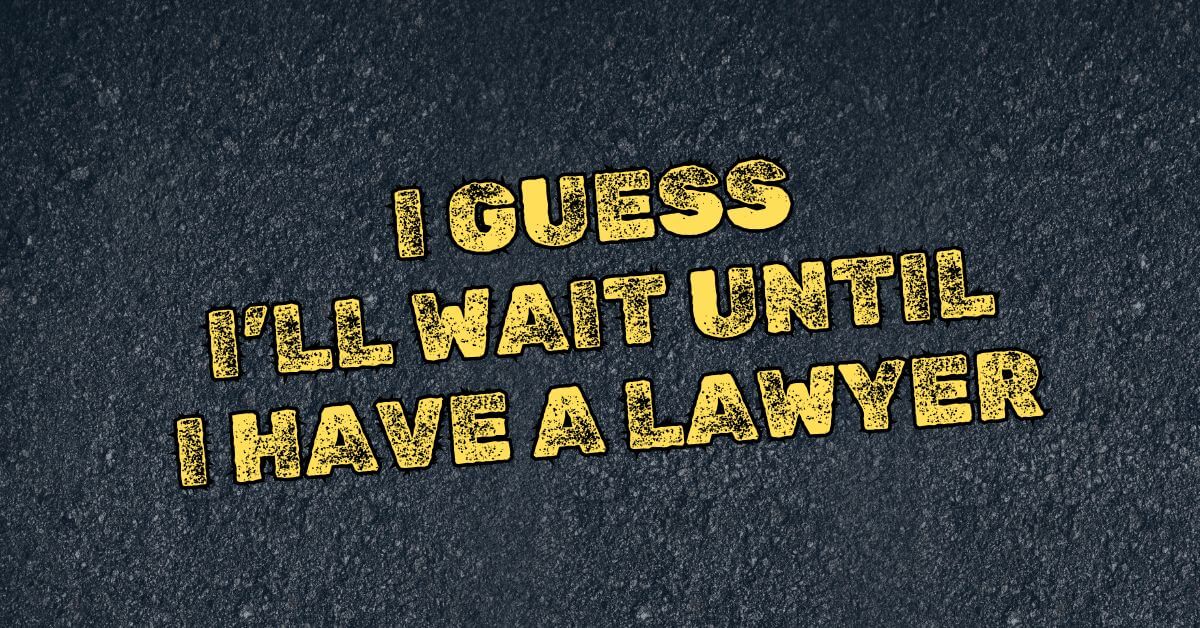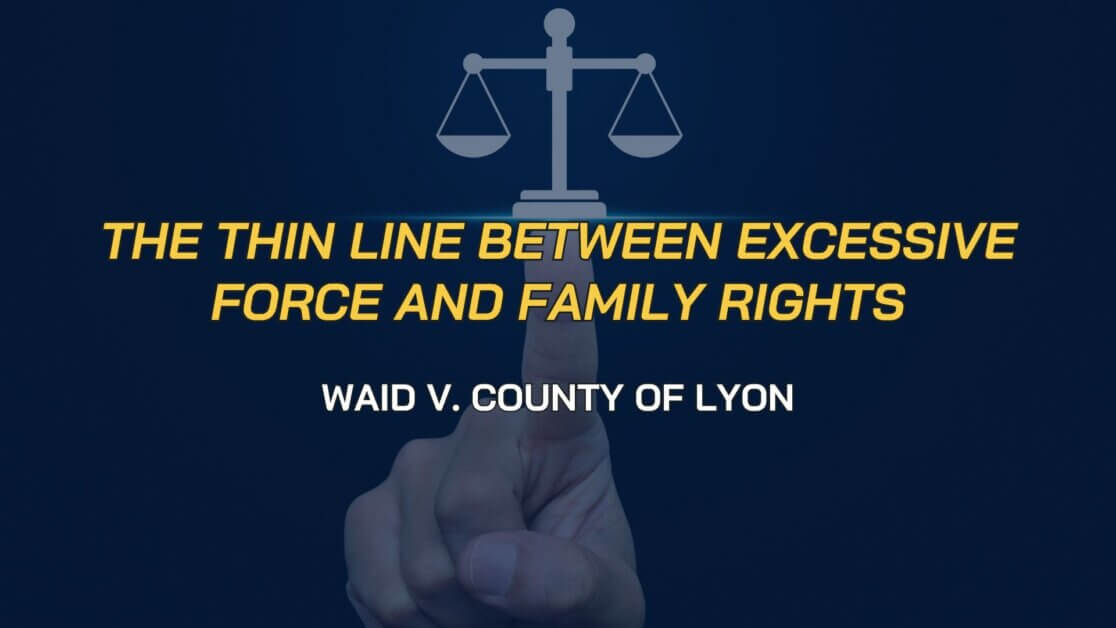Couriers, Consciousness, and the Court: Deciphering Delilah Diaz’s Dilemma in United States v. Diaz at the Supreme Court
In recent developments at the Supreme Court, the High Court granted certiorari in United States v. Diaz, a case that promises to reshape our understanding and application of expert testimony in drug trafficking cases. This case sheds light on the admissibility of expert law enforcement testimony, particularly its role in supporting the prosecution’s theory that the defendant was consciously aware she was transporting drugs. […]


